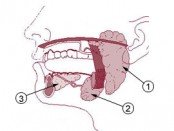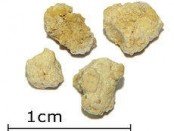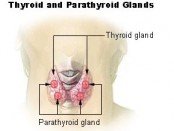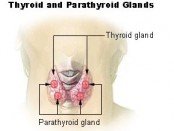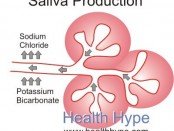Inflamed Parotid Gland (Parotitis) Causes, Symptoms, Treatment
Salivary glands are responsible for producing and secreting saliva. This fluid is responsible for moisturizing the mouth cavity, lubricating chewed food as it passed down the throat and it may also contain digestive enzymes to help chemically breakdown food. The parotid gland is the largest salivary gland, located on >> Read More ...


